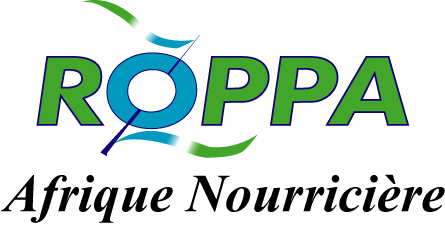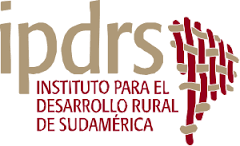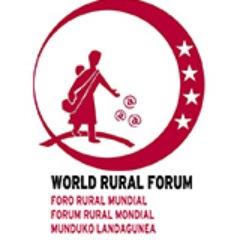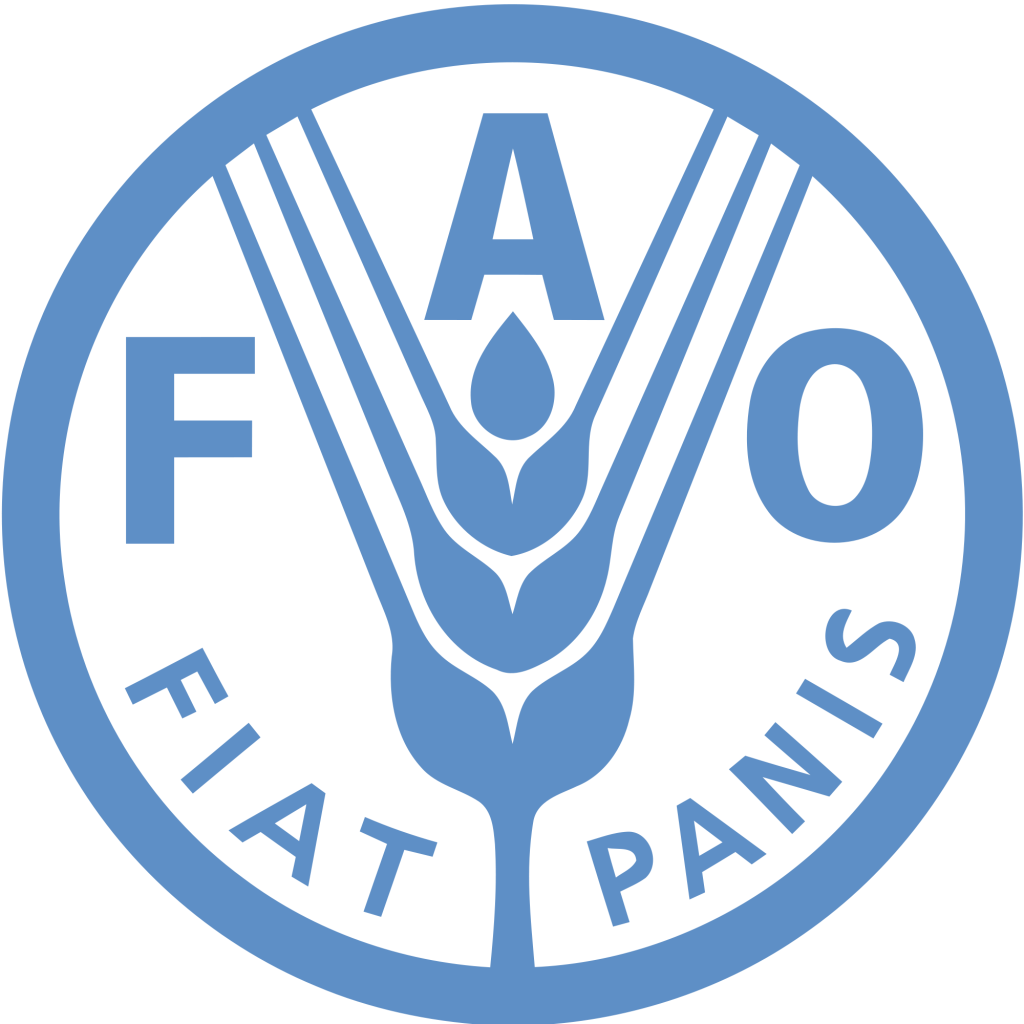ROPPA
PRÉSENTATION DU ROPPA
Le Réseau des organisations paysannes et de producteurs de l’Afrique de l’Ouest (ROPPA) a formellement été fondé en juillet 2000 lors d’une rencontre à Cotonou qui a rassemblé une centaine de responsables paysans mandatés par leurs organisations. Il regroupe des organisations ou "cadres de concertation" de 10 pays d’Afrique de l’Ouest (Bénin, Burkina Faso, Côte d’Ivoire, Gambie, Guinée, Guinée-Bissau, Mali, Niger, Sénégal, Togo,).
Sociétés d’aménagement foncier et d’établissement rural
Que font les Safer ?
Les Sociétés d’aménagement foncier et d’établissement rural (Safer) permettent à tout porteur de projet viable - qu'il soit agricole, artisanal, de service, résidentiel ou environnemental - de s'installer en milieu rural. Les projets doivent être en cohérence avec les politiques locales et répondre à l'intérêt général.
L'essentiel
À travers des études et jusqu'à la réalisation d'opérations foncières, les Sociétés d’aménagement foncier et d’établissement rural (Safer) jouent un rôle majeur dans l'aménagement du territoire rural.
Inter-reseaux et SOS Faim
L’objectif d’Inter-réseaux est de contribuer à créer les conditions pour que les acteurs engagés dans le développement agricole et rural puissent agir dans leurs environnements en faveur des populations rurales et d’une agriculture durable basée sur l’exploitation familiale.
Pour atteindre cet objectif, Inter-réseaux intervient et apporte ses compétences par trois missions complémentaires :
Instituto para el Desarrollo Rural de Sudamérica
El Instituto para el Desarrollo Rural de Sudamérica (IPDRS) es una iniciativa de la sociedad civil que nació en el año 2009 para promover enlaces, sinergias y acciones de desarrollo rural de base campesina indígena en la región sudamericana.
El IPDRS ejecuta proyectos, realiza consultorías y evaluaciones y gestiona servicios de fortalecimiento de capacidades de desarrollo rural en Sudamérica a través de las líneas de: INVESTIGACIÓN-ACCIÓN, COMUNICACIÓN PARA EL DESARROLLO e INTERAPRENDIZAJE.
World Rural Forum
The World Rural Forum (WRF) is a plural network that works in favour of family farming and sustainable rural development, composed of farmers’ federations, rural organizations and agriculture research centres from five continents.
International Assessment of Agricultural Knowledge, Science and Technology for Development
The International Assessment of Agricultural Knowledge, Science and Technology for Development (IAASTD) is a unique international effort that will evaluate the relevance, quality and effectiveness of agricultural knowledge, science, and technology (AKST); and effectiveness of public and private sector policies as well as institutional arrangements in relation to AKST.
Instituto de Estudos Sociais e Económicos
O IESE é uma organização moçambicana independente e sem fins lucrativos, que realiza e promove investigação científica interdisciplinar sobre problemáticas do desenvolvimento social e económico em Moçambique e na África Austral.
Tematicamente, a actividade científica do IESE contribui para a análise da política pública e social e da governação, com enfoque nas problemáticas de pobreza, política e planeamento público, cidadania, participação política, governação e contexto internacional do desenvolvimento em Moçambique.
Empresa Brasileira de Pesquisa Agropecuária
A Empresa Brasileira de Pesquisa Agropecuária (Embrapa) foi criada em 26 de abril de 1973 e é vinculada ao Ministério da Agricultura, Pecuária e Abastecimento (Mapa). Desde a nossa criação, assumimos um desafio: desenvolver, em conjunto com nossos parceiros do Sistema Nacional de Pesquisa Agropecuária (SNPA), um modelo de agricultura e pecuária tropical genuinamente brasileiro, superando as barreiras que limitavam a produção de alimentos, fibras e energia no nosso País.
FAO Regional Office for Latin America and the Caribbean
Latin America and the Caribbean was the first region to commit to the complete eradication of hunger through the 2025 Hunger-Free Latin America and the Caribbean Initiative. This renewed political commitment is based on the full conviction that eradicating hunger in the Region is an achievable target.
Latin America and the Caribbean is at the forefront of the global fight against hunger. It is the Region that has made the most progress in reducing the percentage and total number of people suffering from hunger in the past 20 years.












